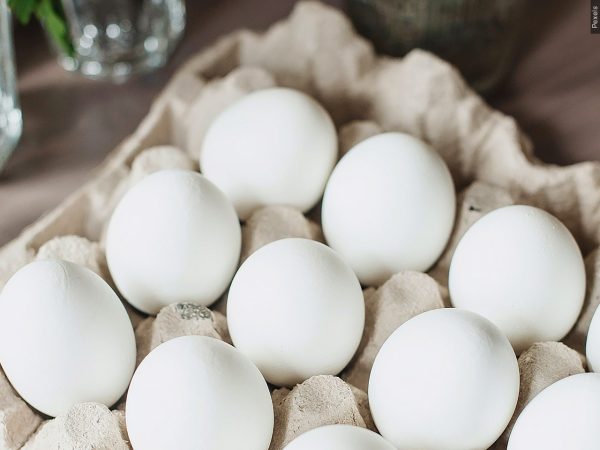
Egg prices have soared in recent months, driven by the outbreaks of bird flu. According to CBS, as the virus spreads, millions of chickens are being killed to prevent further contamination. This has led to a sharp decline in egg supply causing prices to skyrocket and leaving consumers looking for answers.
For years, presidents have mentioned reducing the cost of eggs, but the issue remains unsolved. Some blame former President Joe Biden for the egg prices as they began to notice the issue while he was in office.
“Under Biden, the Agriculture Department ‘directed the mass killing of more than 100 million chickens, which has led to a lack of chicken supply in this country, therefore a lack of egg supply, which is leading to the shortage,’” said Corky Siemaszko, an NBC News reporter.
When President Donald Trump took office this past January, the issue fell into his lap. He initiated a biosafety strategy to fight the bird flu because he believes this is causing the rise in egg prices. This includes vaccines and medication that will be given to chickens when the virus is detected. Since going into effect in February, egg prices have dropped nearly $2 according to Gabrielle Etzel with Washington Examiner.
According to the Bureau of Labor Statistics, egg prices reached an average of $5.90 per dozen by the end of February 2025. This marked a significant increase from the $3.20 per dozen reported in September 2024. Before this, prices remained below $3 per dozen until the surge in October 2022, illustrating the impact of the bird flu outbreaks on the egg market.
Josh Jones, a sophomore mass communication major, believes the Trump Administration could help solve the issue by focusing on economic and health issues rather than social issues.
“The Trump Administration has been targeting trans rights and athletes when the trans community is less than 1% of the national population,” Jones said. “I feel that if the administration were to focus on other tasking issues, like egg prices, our economy would be much better off.”
Consumers across the country are feeling the pinch of rising egg prices. Many have reduced their purchases or sought out cheaper alternatives, but for some, it’s become a matter of necessity.
“I used to buy an 18-count, and that would last me about two to three weeks,” said Hillary Henderson, a sophomore graphic design major. “Now that the 18-count is $8.99, I have gone to the 12-count because I really can’t afford spending $9 on eggs when I have other important groceries to get.”
However, some have not felt the financial strain. Many consumers do not buy eggs frequently and are not affected by the high prices.
“The egg issue has not affected me personally,” Jones said. “I do not incorporate eggs into my diet much.”
A skincare brand, The Ordinary, began selling eggs at their store in New York City on March 22, 2025 as a marketing stunt. On their social media accounts, they addressed how there are egg shortages all over the city, so they decided to sell them for $3.37 per dozen.
On a national level, wholesale egg prices continue to decline, but the reduced costs are not hitting stores just yet. Retailers typically set prices based on their acquisition costs, meaning that they must sell through their existing inventory of higher-priced eggs before they can offer lower prices to consumers.
Some stores have shared concerns about keeping inventory once prices drop. There may be a surge in demand, and stores might struggle to keep eggs on the shelf. Some places, such as Trader Joe’s and Costco, have limited egg purchases to a certain amount per customer.
However, the March 2025 World Agricultural Supply and Demand Estimates document shows that egg production is recovering and the supply is stabilizing. Cost remains unpredictable as production costs are high as the bird flu continues to spread.

